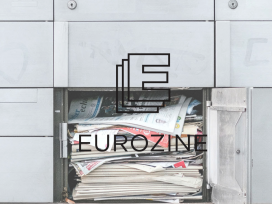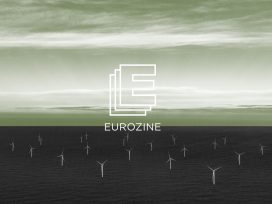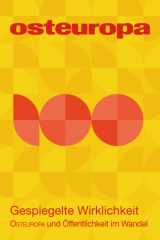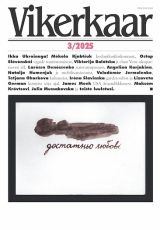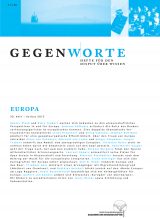Eurozine Editorial
Unsigned articles (News Items, Editorials, Introductions etc) are written by the Eurozine editors. See the about us section for more information.
Articles

Five years ago, Malala Yousafzai was listed among the most influential teenagers in the world. Her position is now contested by climate activist Greta Thunberg. Thankfully, they don’t compete with each other for fame. They do, however, challenge assumptions about what can and cannot be done in politics. Especially by girls.
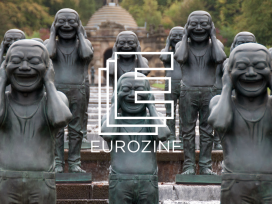
Media professionals often engage in a collective hysteria. They complain about their loss of authority, signalling a deep unwillingness to take responsibility for our trade’s failures and, often, complicity. And yet, the ‘post-truth era’ is not a death toll of journalism, but the signal of a necessary change.

Although on the rise, popular engagement with EU politics is still a poor reflection on European democracy. International coverage maintains a narrow focus, despite important and uneven developments in national politics throughout the Union. Eurozine’s series on the EP elections addresses this deficit.

Police violence, mass detentions, internet shutdown, arrest of opposition candidates: the reaction to the latest protests in Moscow has been an overreaction even by the standards of the Russian authorities. It seems that the government has good reason to be afraid of putting its popularity to the test. But is it advised to ask what next, given the sheer weight of resistance to democratization in Russia?
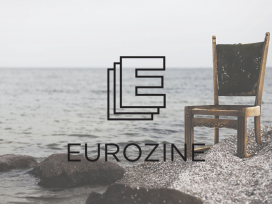
The sight of the US president staring ahead impassively while around him the crowd chanted ‘Send her back’, felt like the crossing of the Rubicon. This was the point when Trump and his Republican supporters finally dropped the mask and revealed their contempt for the values underlying the liberal consensus.

Understanding Fukuyama
Eurozine editorial
Few articles in the recent past can have been vilified so heavily by so many intelligent people than Francis Fukuyama’s ‘The end of history’. Now, thirty years on, the article is worth re-reading. Because, unless one is nostalgic for an orthodox version of dialectical materialism, it is hard to find anything to strongly disagree with. On the contrary.

In the giving vein
Eurozine editorial
‘A battle of generosity’ has broken out as the world watched the Notre Dame of Paris burn.The devastation was narrated live in the style of a disaster movie. Self-appointed champions are now rushing to take lead roles: that of the main donor, or the politician from afar who knew better what should have been done.


